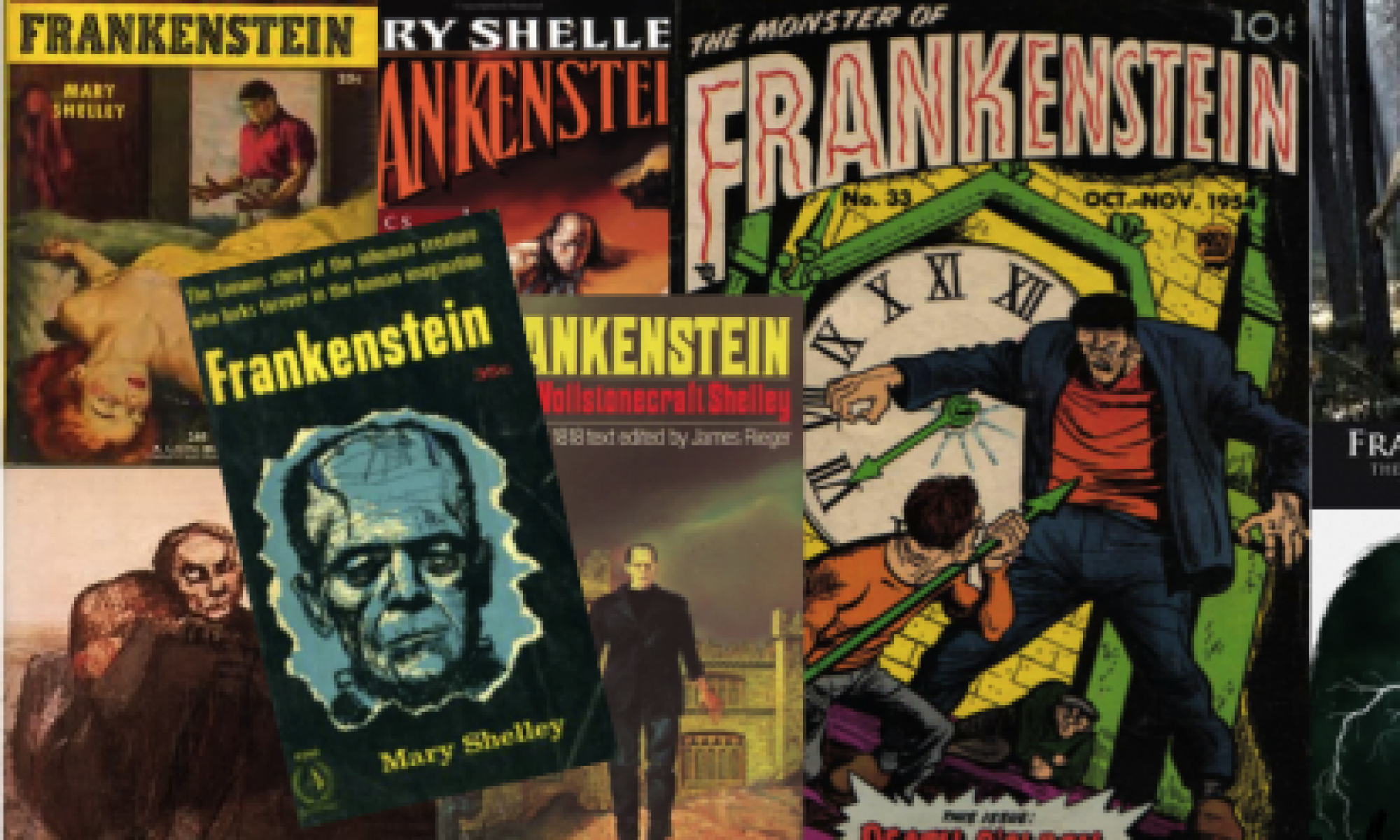Power is only strong by the control that helps fuel it, the Thug (in all actuality) did not intend to undermine England, but their presence did loosen the control. The Thug compromised England’s occupation of India, and Taylor was apart of the blinded nation that did not see this threat. Since it was regret that linked Taylor to the Thugs, Taylor needed to create a situation that Taylor had to show you the charging nature of the Thug. Intentional empathy is Taylor’s game to connect the reader to Ameer Ali, and in larger scope, Taylor himself.
I find myself connecting with Ameer Ali quite often throughout the work, and I can imagine why this made the work quite popular at the time. Even though, there is a central conflict between the narrator and Ameer Ali, I would like to argue that the novel is closer to a blend of the two.
The mechanical aspects of the novel tend to show a close feeling of the two narratives. There is no space between the narratives; the paragraphs that separate the dialogues are close together. I found only a few instances of an added space between the narratives (and extra line of space separating the narrative of Ameer Ali with the officer. The first of these is when the officer notices some emotional reaction from Ameer Ali, “under what circumstances! At this period of his narrative, Ameer Ali seemed to shudder..”(33). It seems as though the officer’s emotions at seeing Ali this distraught fill the space. The close connection between the two characters begins, and the space that separates them will become less. The next occurrence is between a speech and Ali’s reaction to it, “..my intentions have been fulfilled, and I am content. The whole assembly was struck..”(84). At this transition, it seems as though Ameer Ali’s emotion fills the space. Even though, there is a sharp difference between the tones, the choice of words that the officer uses, evoke an emotional response. The next is a pause between Ali’s story and the officer’s thoughts, “ …they were tried and hung. Ameer Ali here stopped in his narrative..”(268). This close space between the two almost melds the two text together; the name of Ameer Ali is necessary to show the change in voice. Why at this point is there greater distance? Is it that the officer feels some sort of empathy for the Thug? There are even instances where there isn’t even a transition sentence between them, and many of the interruptions of the police officer are within Ameer Ali’s own sentences. They flow together so seamlessly, even though there is a back and forth nature to the dialogue. I would also argue that the level of interrogation gets stronger as the narrative progresses, “…and only shows the more you are to be trusted.”(295). So since the level of interrogation increase while the level of emotional response increases shows a conjoining of the two character’s emotional states. Ameer Ali regrets all that he has done by seeing what terrible things he has done, while the officer regrets not catching this Thug earlier.
By showing the close link between England and the thug, that the panoptic relation between the empire and India was not compromised by the existence of the thug. Rather then the officer asserting control over Ameer Ali, the officer seems to be silenced by Ameer Ali Taylor destroys the space between the empire and India through this novel. Conjoining the thug and England was a more sinister link between the two, then trying to exhume control over the Thug.
